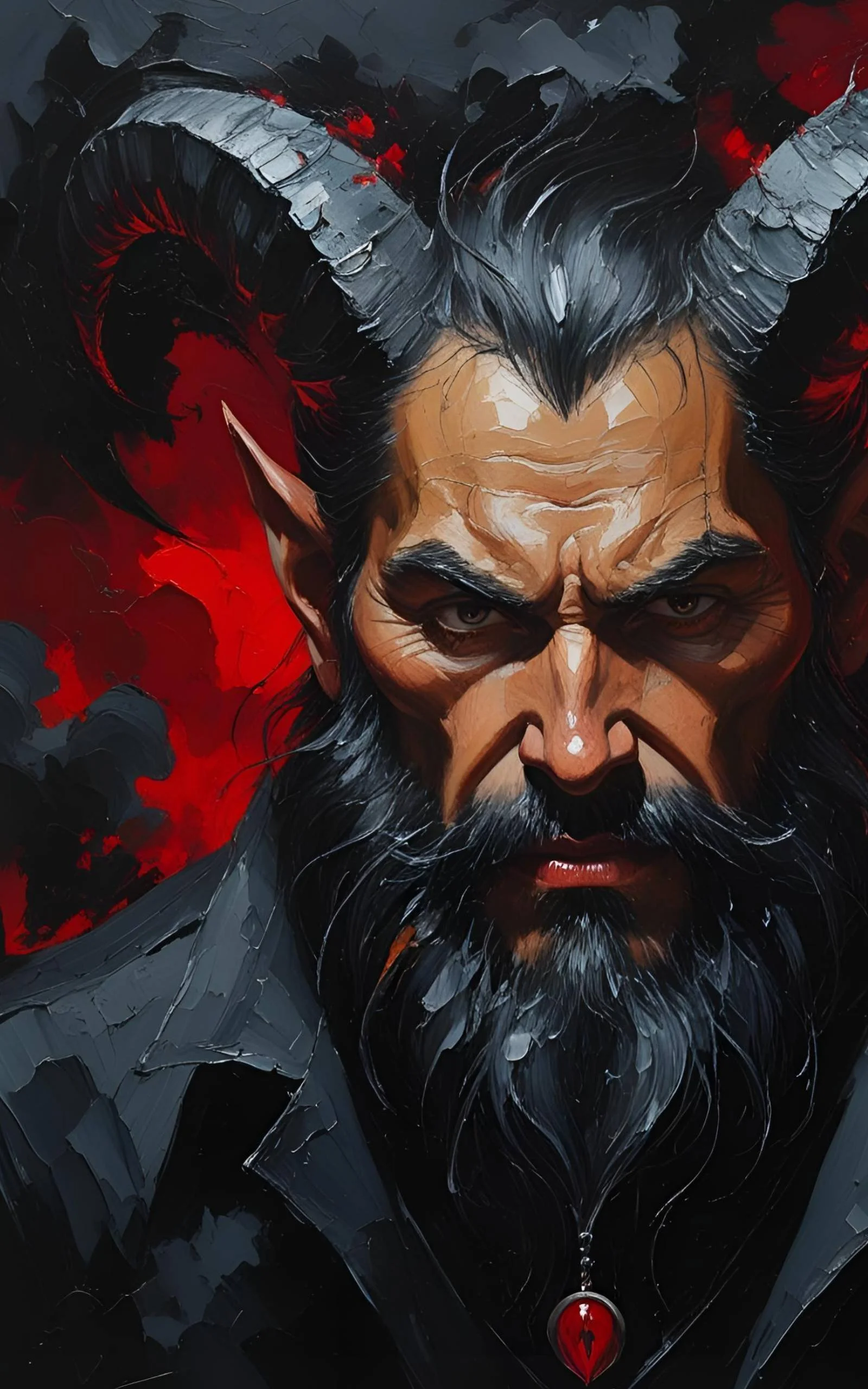The Devil I Knew: a liturgy for the unsainting of a father
They warned me.
In hushed tones and fractured recollections,
around kitchen tables where grief hung like steam.
They spoke of him
not as victim,
not as passive shadow,
but as the initiator.
The hand. The match. The storm.
A man who did not inherit darkness—
he volunteered for it.
And still,
I wanted to believe
he was misunderstood.
That somewhere beneath
the razor-wire grin and splintered logic,
there lived a sliver of softness
long buried by his own undoing.
But no.
He was never a casualty
of brokenness.
He was a curator of it.
He honed cruelty
like a craftsman,
with patience,
with pride,
with a kind of sacred intention
that makes you believe
in devils with birth certificates.
I did not believe in hell
until I met him.
And not just in the acts—
not just in what he did—
but in what he was willing
to watch burn,
so long as the fire kept him warm.
The old family stories
weren’t fables.
They were ledgers.
Accounts of trespass,
spilled and scattered
across generations.
And he,
always at the centre—
not collateral,
but command.
He chose the blade.
He chose the lie.
He chose the silence
that followed each act
like a priest trailing incense.
And I?
I was born into his aftermath.
I carry the ache
like an heirloom.
A weight that does not lessen
with time,
but weaves itself deeper
into the sinew
until sorrow feels structural.
Some wounds don’t scar clean.
They reopen with memory.
With voice.
With the glance in the mirror
that reminds you
whose blood you bear.
I wanted him
to be someone worth forgiving.
To find redemption
stitched into his shadow.
But he was never lost.
Only cruel.
Only deliberate.
And worse—
unmoved.
What hurts most
isn’t what he did.
It’s what he never undid.
The apologies never offered.
The softness never summoned.
The hands that held no gentleness
for me.
I am not unscathed.
I am stitched back together
by my own hands,
again and again,
on days when the pain
sits louder than love.
He was my first blueprint
of what power could become
when mercy is exiled.
And still,
some part of me mourns.
Not for him—
but for the father
he refused to be.
For the safety I never felt.
For the approval
I begged for in silence.
For the child
he looked at
and did not see.
If God is a father,
then I was born forsaken.
Born into a theology
of absence and ache.
And hell?
It is not myth.
It is memory.
It is him.
Not horned or winged—
but ordinary.
Smiling.
Rehearsed.
And somehow always the victim
in the stories he writes.
This is not catharsis.
It is lament.
I am not free of him.
I am made of what he broke.
But I am still here.
Fractured,
yes—
but walking.
Breathing.
Loving harder than he ever could.
And maybe,
in that endurance,
there is something holier
than survival.
Maybe
that is where I find
the first flicker
of heaven.
Keep My Words Alive
If this poem has stayed with you, you can help keep my words alive or explore more of my work. Every bit of support helps carry the stories forward.
